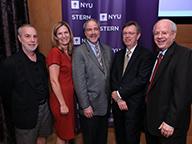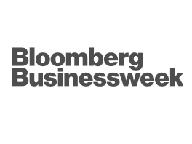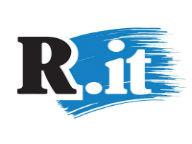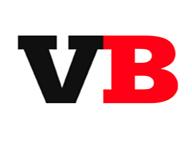Faculty News
—
Profs Anindya Ghose and Priya Raghubir discuss online retailers' pricing strategies
—

Excerpt from OZY -- "'The old conjecture — through the ’90s — was that Internet shopping would make everybody more price-sensitive,' explains Priya Raghubir, chair of the marketing department at NYU Stern School of Business. Which should get you a better price. But there’s a 'more recent phenomenon' at play here, she says: The consumer might be worse off. ... Company priorities are shifting, too, says Anindya Ghose, a marketing and IT professor at Stern. They once channeled much of their strategy budgets to advertising and marketing. Now they’re redirecting some of those millions to pricing strategy, a 'historically underinvested sector,' with investments in technology, data and analysis that help companies reach that sweet spot where you’ll still buy their stuff but they’ll make the most money."
Faculty News
—

Excerpt from OZY -- "'The old conjecture — through the ’90s — was that Internet shopping would make everybody more price-sensitive,' explains Priya Raghubir, chair of the marketing department at NYU Stern School of Business. Which should get you a better price. But there’s a 'more recent phenomenon' at play here, she says: The consumer might be worse off. ... Company priorities are shifting, too, says Anindya Ghose, a marketing and IT professor at Stern. They once channeled much of their strategy budgets to advertising and marketing. Now they’re redirecting some of those millions to pricing strategy, a 'historically underinvested sector,' with investments in technology, data and analysis that help companies reach that sweet spot where you’ll still buy their stuff but they’ll make the most money."






















